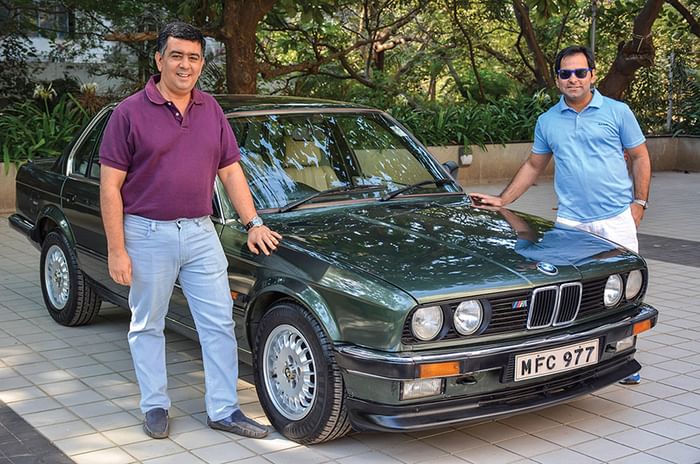The finer points of India’s vehicle scrappage policy are steadily unravelling and there’s a host of measures drawn up to incentivise you to scrap your old car, as well as disincentives if you choose to keep your older vehicle. Here’s the low-down on how it all plays out for you – a car buyer and owner.
IT’S VOLUNTARY
The first thing to note is that the entire policy is voluntary and a car over 20 years old does not automatically get scrapped. This makes sense as there exist a lot of classic and vintage cars in India in excellent shape, and these need to be preserved. Newer cars also need to be preserved as they too are a part of our history. Furthermore, retirees will argue that their 800s, Altos and Santros are in great shape and at this stage in life there would be reluctance and perhaps even financial concerns in buying a new vehicle. Thus, older cars can be kept on the road, but they would have to undergo a mandatory fitness test and would also attract additional fees and taxes.
TESTING TIMES
Similar to the Registered Vehicle Scrapping Facility (RVSF), the Ministry of Road Transport and Highways will also encourage private participation for opening Automated Fitness Centres. Car owners would have to book an appointment online and the online test reports would go on to the concerned officials. It is suggested that a vehicle that fails it will be given the reasons for rejection and an opportunity to test twice more, failing which it will be mandatorily scrapped.
GREEN TAX AND RE-REGISTRATION
Personal vehicles will also be charged a Green Tax at the time of the renewal of the Registration Certificate after 15 years. Green tax is already applicable in some cities, but this is now set to be levied nationwide with differing rates, with highly polluted cities going up to as much as 50 percent of the road tax. The rates will differ depending on fuel type, as well as the type of vehicle, and greener vehicles like strong hybrids, electric vehicles and alternate-fuel vehicles using CNG, ethanol and LPG will be exempted altogether. In addition to the green tax, owners holding on to their cars for over 15 years will also have to pay the applicable fees for re-registration.

NEW CAR REBATES
As per the latest draft notification, buyers who scrap their old car can gain a 25 percent road tax concession on the next one, for a period of 15 years from the date of registration. Furthermore, buyers will not be required to pay the registration fees for their new car. The proposal from the Centre, however, still needs the states’ approval. This could be tricky, as states are already griping about delayed GST compensations from the Centre and have lost out on big revenue due to the COVID-19 pandemic. They are thus likely to seek some compensation from the Centre, which is also cash strapped.
Additional concessions can also come from manufacturers, who are advised to provide a discount of 5 percent on buying a new vehicle against a scrapping certificate. However, this discount, too, isn’t as straightforward as it seems.
NEW CAR PRICES COULD GO UP
The industry isn’t going to be in a particularly charitable mood when it is already reeling under the burden of high commodity prices, especially steel. Most manufacturers have yet again decided to go in for a price hike from April 1, since this is the only way they can offset the commodity price spiral. Thus, as an industry official says, to manage the scrappage incentive, the easier way out is to hike prices by 5 percent and then offer the discount.





























